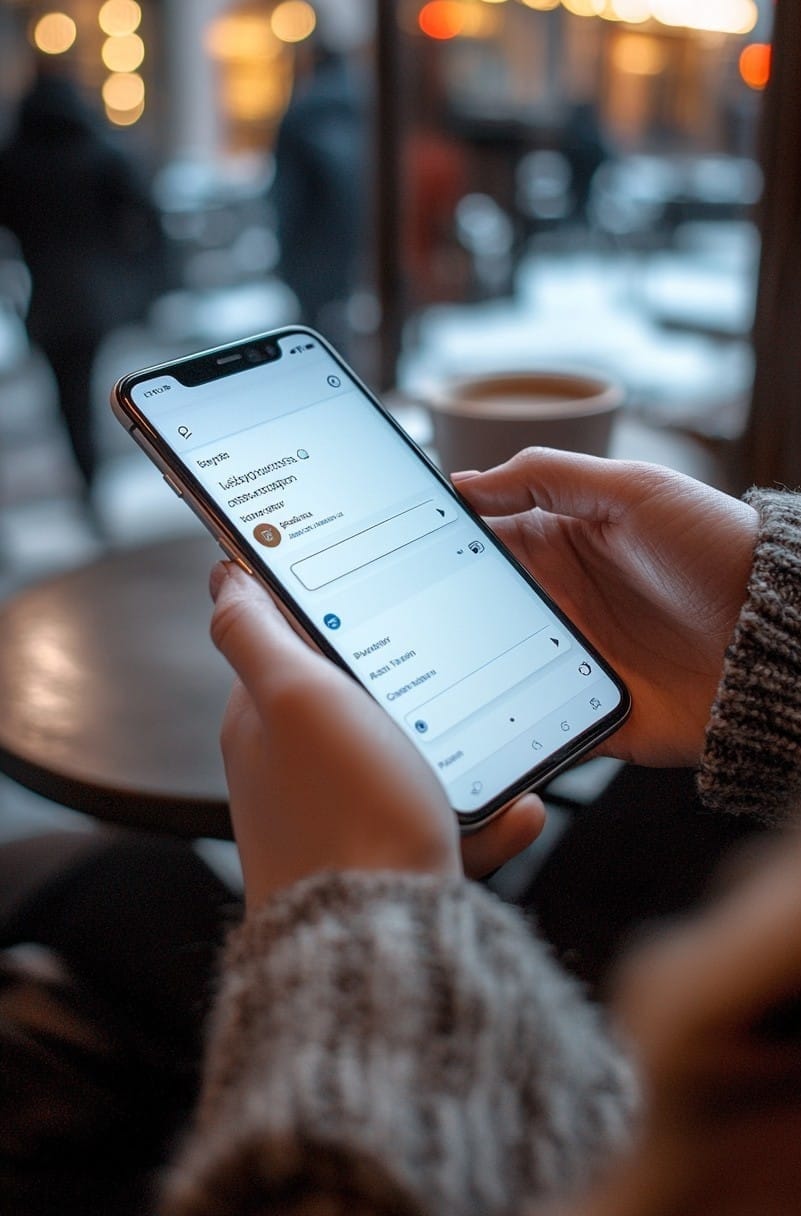Facebook, Dopamine, and My 9-Hour Wake-Up Call

I have a love-hate relationship with Facebook. I hate how fake it is. Half the time, I don’t know if a beautiful photo is real or AI. Marketplace is useful, but again—fake or real? Buying and selling means dealing with scammers and weirdos, which makes it more hassle than it’s worth.
What I do like about Facebook is how it keeps me connected to people I wouldn’t normally talk to—like aunts, uncles, and cousins I haven’t seen in twenty years. But it’s also a massive time suck. Studies show dopamine is released when we anticipate pleasure, which explains why I can lose an hour watching videos about what butterfly farts sound like when amplified and end up late for everything else in my day. It’s addictive, and I don’t like that, so I choose not to use my personal account.
I’ve considered deleting Facebook, but I need it to access the Humane Society page, so that’s off the table for now. Plus, I’m on the fence. I’ve had my account since 2010, which means my relationship with Facebook has lasted longer than any of my marriages. That’s a little depressing. I enjoy the memories that pop up—sometimes. Other times, they remind me of things I’d rather forget.
That’s the thing about Facebook—it’s a highlight reel of the past, and sometimes, those reminders sting. But it also has its bright spots. A friend from 20 years ago reached out to me on Messenger recently. We used to work together in Kansas, and life took us in different directions, but reconnecting has been nice. Facebook, like all social media, has its place. The problem is how easy it is to get sucked into the make-believe world inside our screens.
Our parents worried about us getting stoned. Today’s parents are battling a drug their kids can produce on their own. I don’t know all the science, but I might write about it soon because I find it fascinating. What I do know is that social media had a grip on me, and I had to make a conscious effort to break free.
The first and last thing I did every day was scroll through Facebook. I wasn’t looking for anything specific—I just had to check it. My wake-up call came when I saw my phone’s data usage report: I was on my phone for nine hours a day. That’s insanity. Even after accounting for Spotify and podcasts, I was still spending three hours a day on Facebook. Meanwhile, I kept saying I didn’t have enough time to do the things I wanted to do. Well, turns out, I did—I was just wasting it.
So, I deleted the app. Problem solved. But for days after, I kept instinctively picking up my phone to check it. That realization hit hard.
I wonder if this is why people seem so unhappy now. We’ve trained our brains to have 8-second attention spans and crave instant dopamine hits. Instead of working toward a fulfilling goal—like hiking a summit with an amazing view or planting a garden for a future harvest—we’re scrolling through polar bears ice skating.
I saw a behavior in myself that I didn’t like, so I changed it. I see the same behavior in Dennis, and I’ve mentioned it. We’ll be in the middle of a conversation, and he’ll just grab his phone and start scrolling! I know I can be boring, but damn, at least finish the conversation first. He also barely sleeps, and I often wake up to him watching reels in the middle of the night. He swears it’s not a problem for him, so I don’t push it, but I love it when the power goes out and we’re forced to actually talk to each other, free from distractions.
Do you ever notice the negative effects of dopamine scrolling? Think I should do some research and write about it? Let me know in a comment.
I know I’ve been teasing a story, and I’ll post what I have so far in the fiction section. I keep telling myself it’s just a story, but my brain is like, “No, it’ll be a book! No, wait—a book series!” Go big or go home, right? Let me know what you think. My feelings won’t be hurt—I might wince a little, but I’m a lifelong learner.